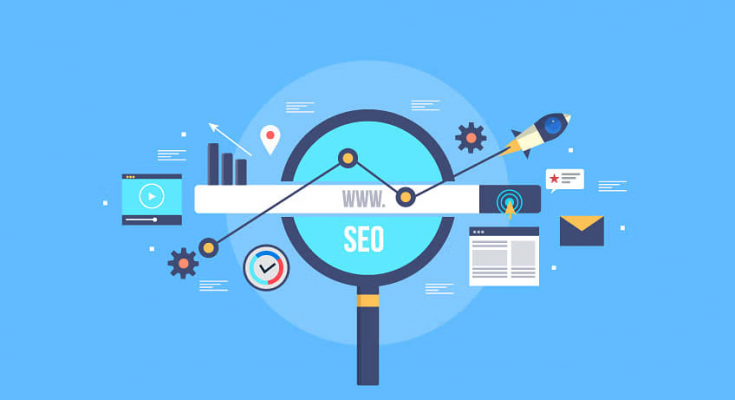Search engine algorithms fluctuate regularly, which is a fact. You cannot simplify things by concentrating on a single dimension. Your SEO strategy has to consider both on-page and off-page optimization.
On-page SEO factors determine your page ranking, while off-page SEO factors define high your URL ranks. It doesn’t mean you have to consider on-page to be more important than off-page and vice versa. Off-page and on-page optimization work together for enhancing your search engine rankings.
You can buy SEO services from a reliable Digital Marketing 1-on-1 firm to retune your SEO strategy. Below is an overview of essential on-page and off-page SEO approaches.
On-page SEO
Steps taken inside the website to enhance search ranking is on-page SEO. It makes search bots easy to crawl, detect, and index as well as offer users a preview of organic searches. The overall page performance, content structure, and content quality are taken into consideration. The on-page optimization factors are –
- Content – Content has to be useful, readable, and offer value to users. Copy on each page has to be unique and directly address search queries.
- Keywords – Today, the focus has shifted to long-tail keywords. Find out what people come in search for while looking for your products and optimize website content using those keywords or phrases.
- Title tags – Add the targeted keywords to the title tag of every page. Make sure that the keywords fit in naturally and add the brand name at the ned separated by pipe bar.
- Headings [H1] – Work on the target keywords in the headings of every webpage to ensure that they ideally reflect the content on the page. H1 is limited to a single page and the other headers are h2, h3, and h4……
- URL structure – Add keywords in the URL, if naturally possible. Keep URLs short. Never change current URLs to add keywords but consult professional SEO experts before you do this.
- Alt text – Add alt text to every image. The Google bots cannot identify what the image is about, so adding relevant keywords in the image description helps the bots understand the page content.
- Page load speed – Site speed factors to consider are ensuring server response time is less than 200ms, minimizing HTTP requests, setting browser caching to 2 weeks or more, minifying HTML, CSS, and JS, and image size less than 100kb, and enable Gzip compression.
- Mobile-friendly – Prioritize responsive web design because Google rewards mobile-friendly websites.
- Internal linking – Linking to different relevant web pages within your site is easy for crawlers and keeps users engaged for long.
- Social tags – Social tags tell Google bots that people find your article helpful and relevant.
Off-page SEO
Off-page means enhancing your domain authority via getting links from dominant websites. Several factors can influence off-page SEO ranking but the goal they share is building reputation and trust from external links.
- Inbound links
- Guest posting and blogging
- Social media marketing
- Influencer marketing
- Unlinked brand mentions
Remember, link quality is more crucial than link quantity. So, create shareable content to earn valuable backlinks and enhance off-page SEO. Buying links is not an ethical way to gain a high ranking, according to Google.
Balance on-page and off-page SEO to make your website search engine user friendly!




